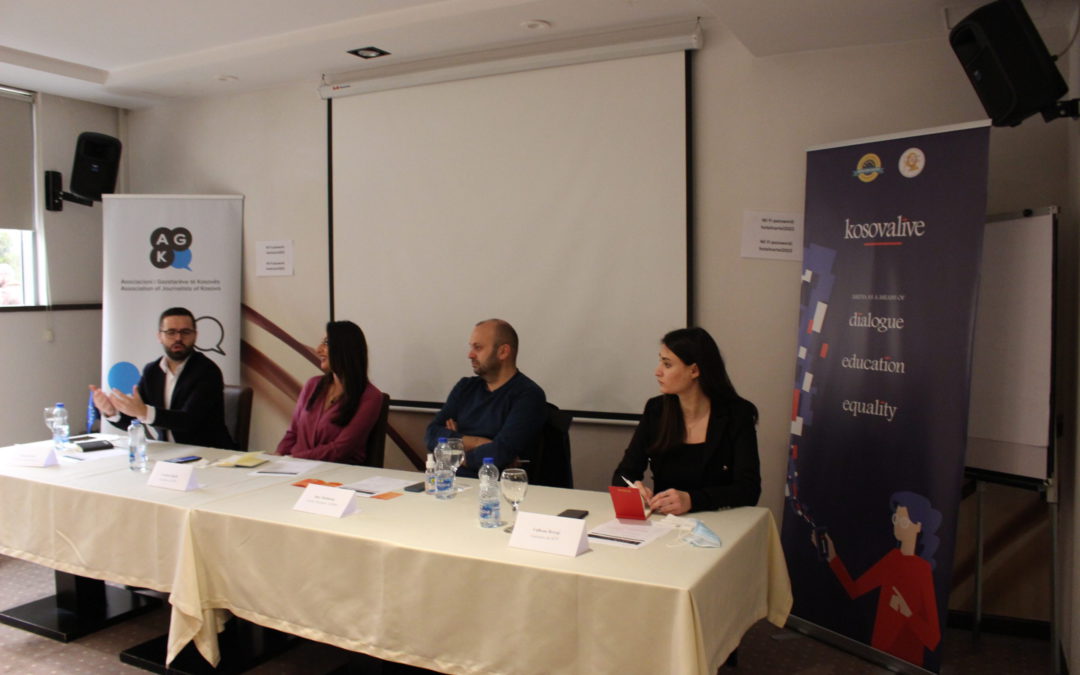Chargé d’ Affaires of the Czech Embassy in Kosovo, Pavel Bílek, and the EU Ambassador in Kosovo, Tomáš Szunyog, organised today in Pristina, the opening ceremony of the Czech Presidency of the Council of the European Union during which the priorities of the Czech Presidency for the next six months were presented.
The motto of the Czech Presidency is Europe as a Task: Rethink, Rebuild, Repower, a title of President Václav Havel’s speech from 1996 in which he called on Europeans to take responsibility for global environmental and social and economic challenges and lead by example.
“Czech Republic is assuming the Presidency of the Council of the European Union amidst the Russian invasion against Ukraine, which has completely overhauled the geopolitical situation on our continent. It is making us re-evaluate many of our current approaches and premises,” said Bílek.
The overall objective of the Czech Presidency is to contribute to creating the conditions for the security and prosperity of the EU in the context of the European values of freedom, social justice, democracy, the rule of law and environmental responsibility. The EU must focus on ensuring security together with NATO, and on defending human rights, a free way of life, and liberal democracy together with the United States, United Kingdom, and other democratic states outside the EU.
The five broad priorities of the Czech Presidency include managing the Ukrainian refugee crisis and post-war recovery, energy security, strengthening Europe’s defence capacities and cyber security, strategic resilience of the European economy, and resilience of democratic institutions.
Western Balkans, together with Ukraine, Indo-Pacific and the Sahel, is among the priority areas of the Czech Presidency. It will strive to achieve concrete progress in the EU enlargement negotiations and to support the accession process of Western Balkans countries.
“Most of the priorities of the Czech Presidency translate into concrete activities of the EU in Kosovo, including improving crucial infrastructure, investing in green and renewable energy sources and environmentally friendly modes of transport, supporting further digitalisation and cyber security, and contributing to economic development, competitiveness, and access to the EU market,” said Ambassador Szunyog.
The European Parliament and the Council of the European Union are the two main EU decision-making bodies. The Council brings together government ministers from 27 EU member states who meet in ten different configurations to negotiate, amend and adopt EU laws, coordinate EU policies and conclude agreements between the EU and other countries and international organisations.








